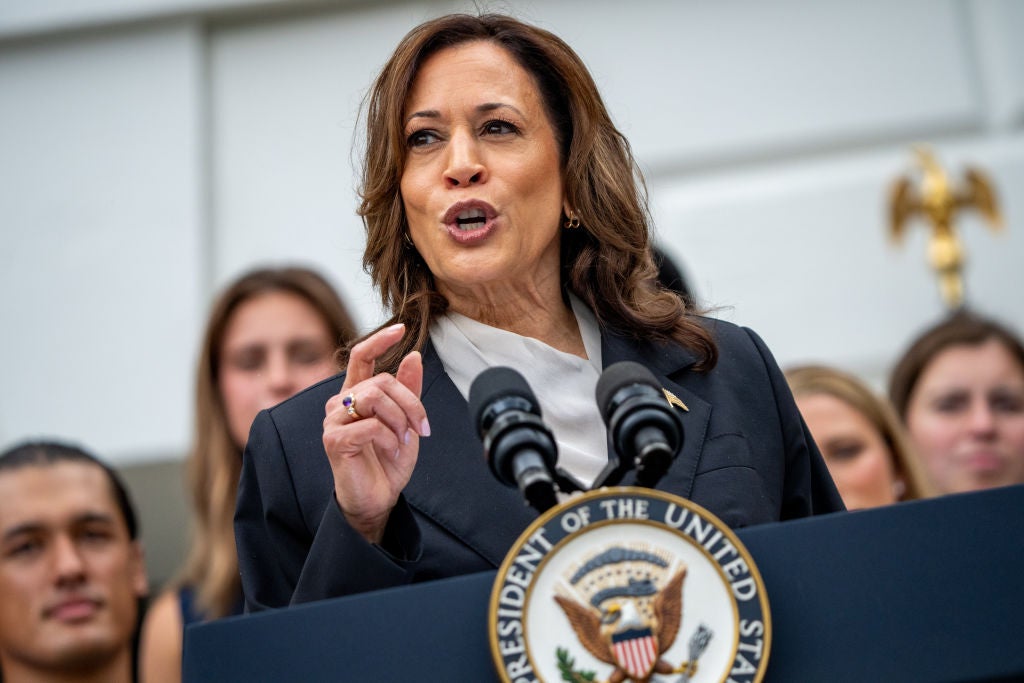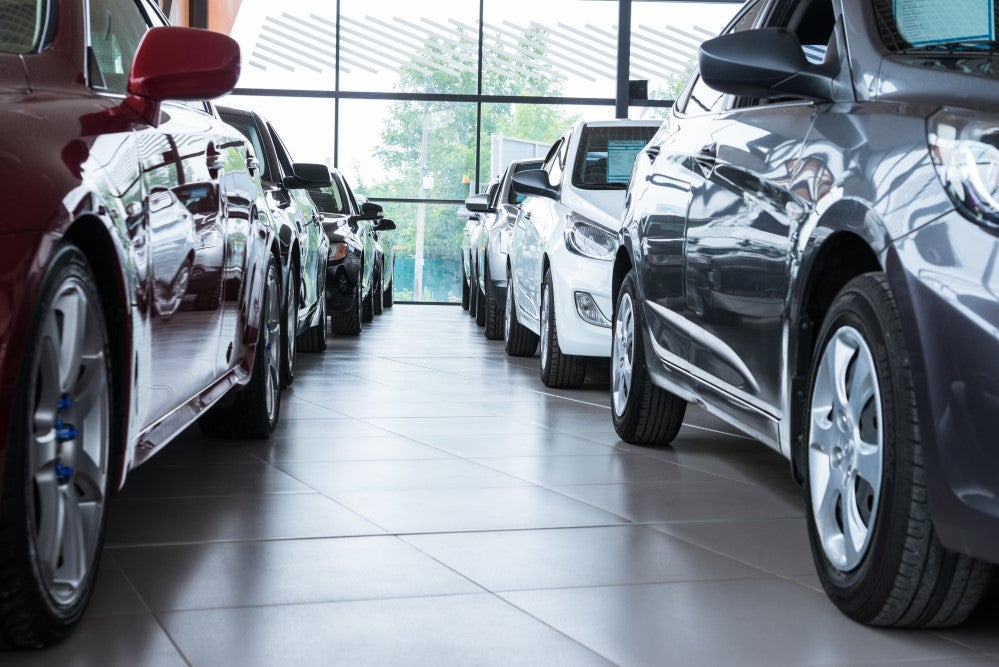
Nearly 85% of dealers feel that an increase in October’s energy price cap may lead to decline in used car prices in the last quarter of 2022, new research has found.
Of these, 30% of the respondents were of the view that the fall will be “significant”, while 28% believe that it will be “small” and 42% “moderate”, the data from September’s Startline Used Car Tracker shows.
The research also highlights that 95% of those surveyed feel that if Ofgem’s recommendation was implemented it would affect the overall used car market in the Q4.
The report added that 60% of the respondents believe that most car buyers’ spending capacity will reduce, 35% said that consumer confidence will fall and 5% feel that supply taking over demand.
For dealers, stock availability is the top challenge in September followed by a reduction in the desire to buy cars.
Despite all this, overall optimism among dealers is rising with optimism among dealers is up 24% in comparison with 12% in August.
How well do you really know your competitors?
Access the most comprehensive Company Profiles on the market, powered by GlobalData. Save hours of research. Gain competitive edge.

Thank you!
Your download email will arrive shortly
Not ready to buy yet? Download a free sample
We are confident about the unique quality of our Company Profiles. However, we want you to make the most beneficial decision for your business, so we offer a free sample that you can download by submitting the below form
By GlobalDataStartline Motor Finance CEO Paul Burgess said: “If implemented, the energy price cap increase would be just the latest in a line of economic shocks that mean personal finances are coming under more pressure than at any time since the 2008 financial crisis and perhaps longer.
“Our own view is that the market is likely to remain relatively stable. Certainly, while supply remains as constrained as it has been in recent months, we do not foresee it being outstripped by demand, even if the latter suffers quite a bump. Some kind of downgrading of prices and values is possible or even probable but is likely to be limited.”
Starline’s research also shows that an increase in fuel cap price would cause a safety risk for car owners as one in five of them say they will reduce expenses on car maintenance.
Nearly 77% of the respondents opined that the hike in gas and electricity prices would impact car affordability.
Furthermore, 18% said they would put off replacing tyres and 22% said they would delay getting their vehicle serviced.
Burgess said: “The research shows the huge pressure that the fuel cap increase would bring to bear on personal finances, and how it is likely to affect whether people can afford to simply keep their cars safe. “Routine maintenance and replacing worn tyres are basics when it comes to making sure your car is fit to use on a day-to-day basis – for you and other road users.”






